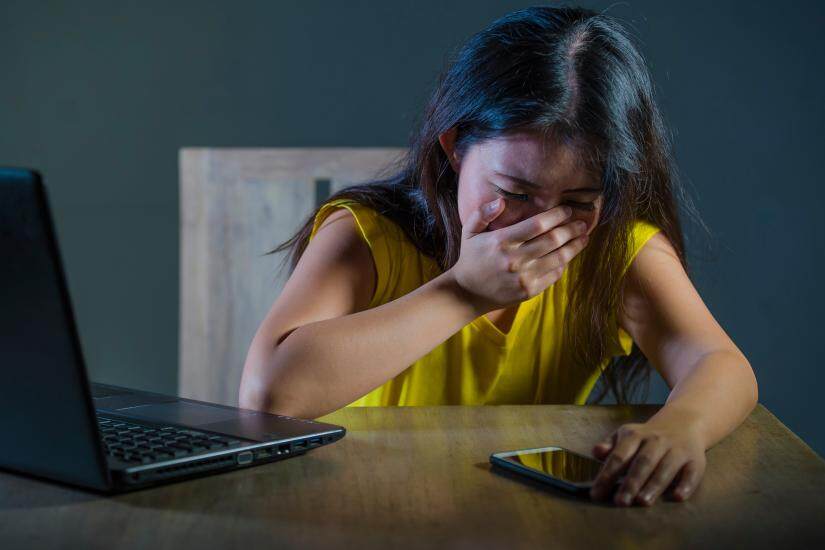A new research partnership between UTS and NSW Police is exploring digital technology’s role in youth offending.


Adolescent use of digital technologies has soared, with a 95 per cent increase in use of mobile phones to access the internet since 2009. And since the 1990s, traditional youth offending has declined worldwide. Or has it?
A new research partnership between criminology researchers at the University of Technology Sydney (UTS) and NSW Police is exploring the “digital displacement” of youth offending, where it is less detectable through traditional reporting methods.
Their project is examining different types of online behaviour, risk factors and what progresses from mainstream to illegal. The researchers offer seven basic tips for safer use of digital devices.
- Use two-factor identification for all of your online accounts
- Don’t share your passwords with friends, even if they ask you to
- Think before you make that viral video: will it hurt anyone? Will it make anyone feel bad?
- Tell a parent or teacher if someone is making you feel uncomfortable online
- Respect your partner’s boundaries
- Say “no” if someone pressures you to do something you don’t like
- Don’t post anything online that you wouldn’t say face-to-face.


Research leader Alex McCord, a psychologist specialising in child and adolescent mental health, says the lines between acceptable and harmful online behaviour are blurred.
“We’re seeing that adolescents in particular are living increasingly online as well as in-person. As a result, evolving technology means that teens have a greater than ever influence on their peers, which can be helpful or harmful.
“Educational programs tend to concentrate on how to avoid becoming victims, but the concept of digital citizenship, or what is and isn’t OK to do online, is less clear. Technology is a powerful tool and isn’t going away. It’s important to encourage and inspire young people to use these tools to empower, not hurt, themselves and each other,” Ms McCord says.
UTS Associate Professor of Criminology Philip Birch says: “The importance of this research centres on the fact that young people and crime has been synonymous with public space and being visible. What our research reveals is a shift occurring in youth crime, a move into the digital space, making it less public and less visible.
“This changes and increases young peoples’ exposure to risk, both as an offender and as a victim. Our findings also offer evidence that current prevention and reduction strategies in place to deal with young people and crime through law enforcement and the wider criminal justice system may need to be revised.”


Specifically, the researchers are studying:
Digitally assisted offences – traditional harmful behaviours such as making threats, sexual harassment, non-consensual sharing of explicit images, coercion to participate in sexual activity online, financial or identity fraud, recording real-life assault and posting it online, and using social media to buy and sell drugs. An example might be participating in a TikTok challenge by recording school vandalism and posting the video.
Digitally dependent offences – those that wouldn’t exist without the internet, such as distributed denial of service attacks, hacking, media piracy or theft of virtual objects. Examples would be taking down a website, downloading movies, TV, or music illegally, or hacking into someone’s online account to steal their video game inventory.
Digital harm – activity that is harmful but not necessarily illegal. This includes cyberbullying, digital dating abuse, video game cheating, gang activity, and using virtual private networks to view age-restricted websites. Digital dating abuse could include online stalking, aggressive messaging or covertly monitoring another person’s social media accounts.
Safer Internet Day (8 February 2022) is a global initiative supported in Australia by the eSafety Commissioner.



































